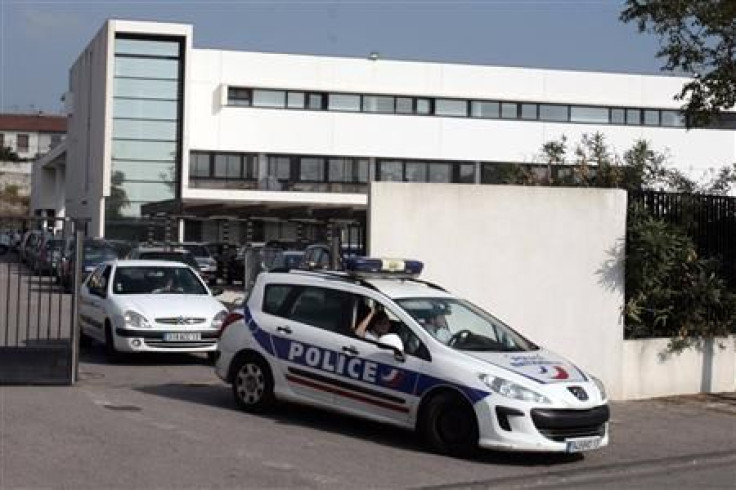The New ‘French Connection’: Drug Scandal Engulfs Marseilles Police Force

Thirty officers have been suspended as a scandal in the police department of Marseilles, on the southern coast of France, widened over the weekend.
Twelve of the suspended policemen in the bustling Mediterranean port city have already been arrested on charges of drug dealing and extortion in what is becoming one of the biggest examples of police corruption in France’s history
"The feeling is of a gangrene that has struck, that has touched this service," prosecutor Jacques Dallest said of the police brigade under investigation.
"I consider it an organized system of theft, racketeering and drug trafficking.”
Dallest warned further arrests may be likely.
However, David-Olivier Reverdy, a spokesman for the Alliance police union in Marseille, cautioned that suspension does not necessarily mean guilt.
"These suspensions cannot be considered on the same level as those for the officers already charged," he said.
"Either they are suspected of such minor breaches that they cannot be charged or they are suspected of things that are not connected to the investigation that is underway.”
Marseilles, which became infamous around the world as a center of drug trafficking through the notorious "French Connection" heroin smuggling ring of the 1950s to 1970s, remains a city ensnared in gang warfare and violence.
A recent wave of drug-related crime prompted city officials to request the intervention of the national army (a proposal that was rejected by President Francois Hollande).
Much of the violence takes place in the poor, heavily immigrant northern segments of the city where grim high-rise apartments dominate the landscape.
Karim Baila, a journalist and Marseilles native, told National Public Radio: “There is poverty, discrimination and segregation where we've put people in these high-rise ghettos. And they are so overcome by unemployment and misery that a parallel economy has taken over. Drugs and gangs now rule, and they've become no-go zones for the police."
Baila noted that drug dealers in the northern ghettoes of Marseilles trade in marijuana, cocaine, heroin and ecstasy. They can make up to $100,000 per day and they idolize Tony Montana, the fictional drug lord character played by Al Pacino in the 1980s film “Scarface.”
With unemployment running at around 50 percent in these projects, the local youths have few options in life.
A local resident named Saida Hidri told NPR: “The kids drop out of school to work but there are no jobs. So they fall into the drug gangs where they can earn good money. But later, if they want to leave they'll be killed because they know the network. They're prisoners, and so are their families. That's why we live in fear."
The Marseilles affair is the second major police corruption case in France in less than a year.
Last year, a police scandal hit the city of Lyon in France’s southeast, where former Deputy Police Chief Michel Neyret was placed under house arrested on charges he accepted gifts and favors from the city’s organized crime figures and also sold drugs himself.
"There is no place for those who tarnish the police uniform," Interior Minister Manuel Valls told reporters.
© Copyright IBTimes 2024. All rights reserved.











